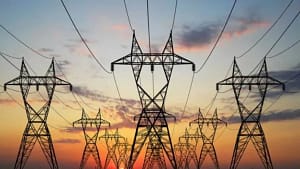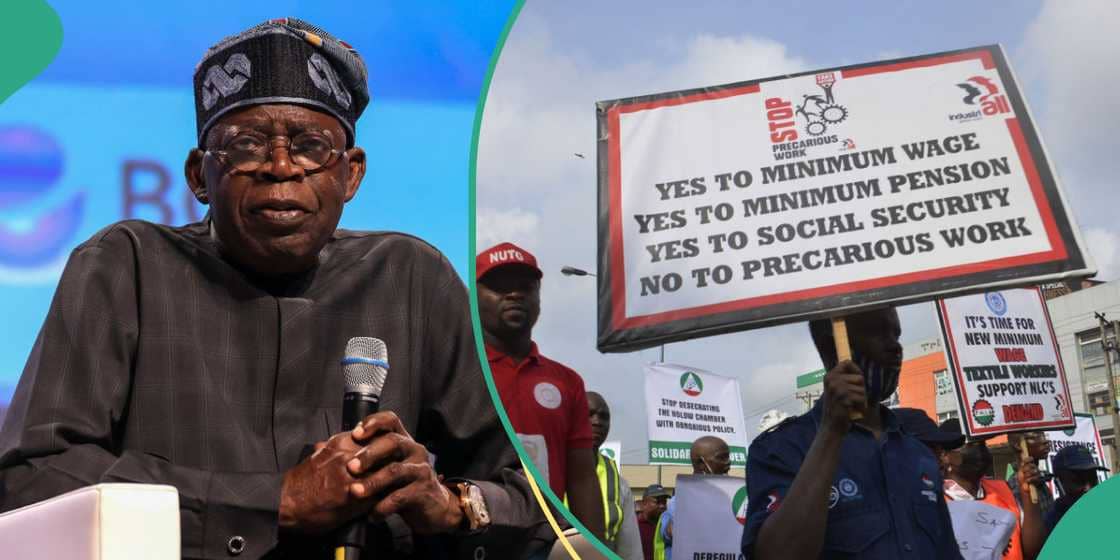Nigeria’s national grid has collapsed ten times in 2024, leaving millions of citizens without electricity and businesses struggling to cope. These blackouts highlight the nation’s ongoing energy challenges and the pressing need for reforms and upgrades within Nigeria’s power infrastructure. With a population of over 200 million, the frequency of these collapses has had significant economic and social implications, affecting everything from productivity to public safety.

10 Timeline of National Grid Collapses in 2024
- February 4th: The first major blackout of the year disrupted power across several states, affecting both residential areas and businesses. For many, this collapse was a grim reminder of the unreliable nature of the national grid.
- March 28th: Another grid failure left much of the country in darkness, raising concerns about the lack of infrastructure resilience. Citizens voiced frustrations as inconsistent power availability continued to impact daily life.
- April 15th: As Nigerians geared up for Easter celebrations, the April blackout compounded logistical challenges. Without electricity, families and businesses faced struggles in refrigeration, food preservation, and other essential needs.
- July 16th: The mid-year collapse came during a period of high energy demand, as citizens relied on electricity to manage the seasonal heat. This failure underscored the need for alternative energy sources to meet increased demand.
- August 5th & 6th: A rare, back-to-back collapse across two days disrupted power for nearly 48 hours in some regions. The back-to-back nature of this failure emphasized the lack of redundancy in the grid and exposed vulnerabilities that could be triggered under continuous demand.
- October 14th: As the year neared its final quarter, Nigerians continued to experience instability. Businesses faced operational downtime, while schools and hospitals struggled to function effectively.
- October 15th: Just a day after the previous collapse, the grid failed again. The repeated outages led to widespread frustration, with citizens questioning the government’s commitment to solving these issues.
- October 19th: The grid collapsed twice on this day, marking a historical low point. This unprecedented double failure intensified calls for urgent reforms and technical assessments of the grid’s weak points.
- November 5th: The grid collapsed twice in one day yet again, underscoring the growing frequency of these disruptions. This latest failure compounded anxiety among citizens who now anticipate outages as a regular occurrence.
READ ALSO: ‘From N33k to N70k’ — List of States in Nigeria Paying Above ‘N70,000’ Minimum Wage
The Impact of Frequent Grid Collapses
The economic cost of these outages is immense, affecting industries, small businesses, and critical sectors like healthcare and education. Factories lose valuable production time, supermarkets struggle to maintain cold storage for perishables, and tech firms reliant on digital tools face interruptions, all of which contribute to a reduction in Nigeria’s GDP. The lack of reliable power also discourages foreign investment, which depends on stable infrastructure.
For Nigerian households, the consequences are personal and severe. In the absence of grid power, citizens have to rely on generators, which increases household expenses as the cost of fuel continues to rise. This situation also affects the country’s carbon footprint, as millions of generators burn fossil fuels, leading to increased emissions.
Conclusion
The repeated collapses of Nigeria’s national grid in 2024 underscore a crisis that requires immediate attention. Addressing Nigeria’s power challenges will involve significant investment, policy reform, and a commitment to alternative energy sources. Only by modernizing the grid and embracing new solutions can Nigeria hope to provide reliable power for its people, businesses, and future economic growth.








